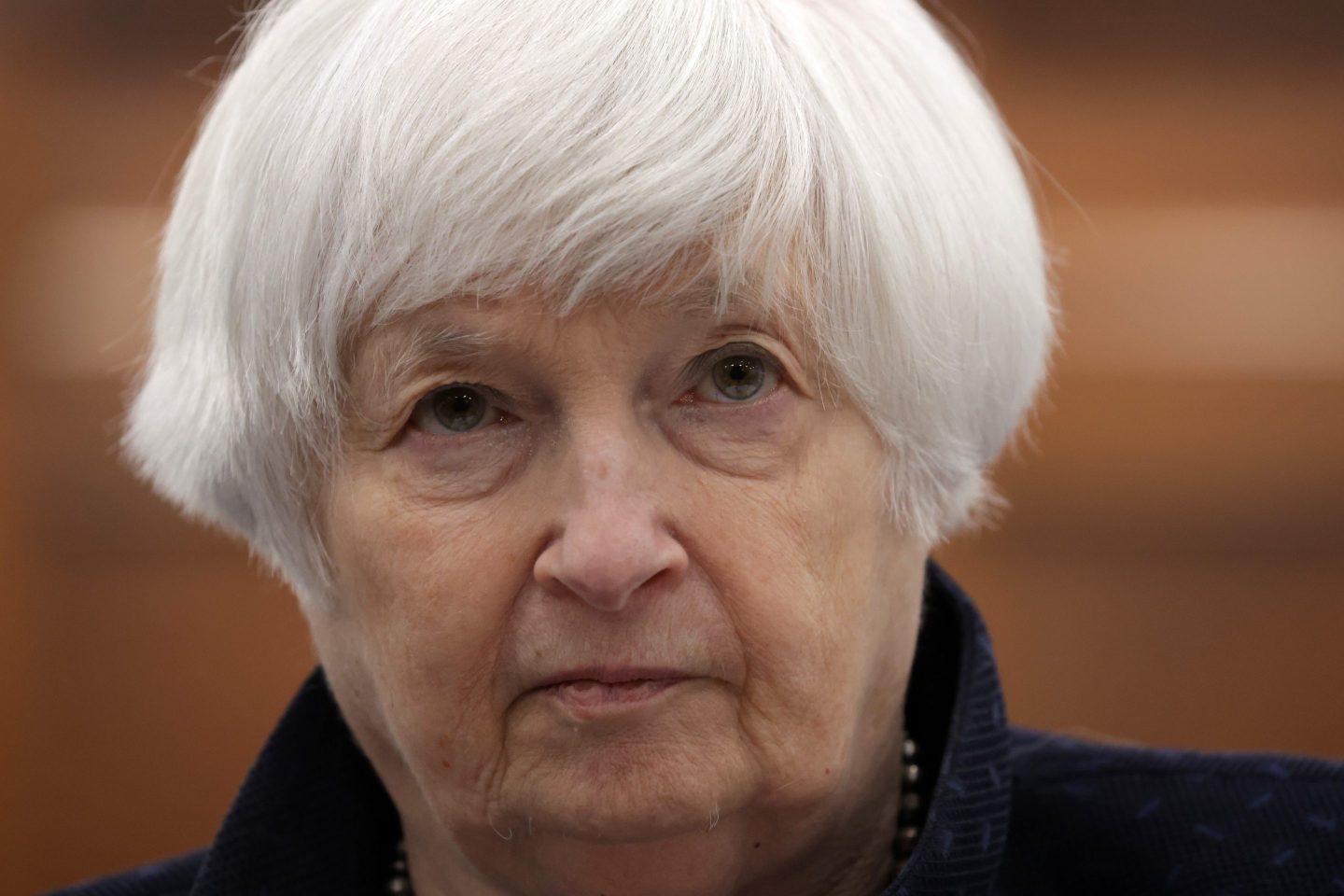COPENHAGEN—Retailers that close a big chunk of their store fleet are likely only hastening their demise, predicted Hudson’s Bay Company (HBC) CEO Gerald Storch.
Storch, speaking on Monday at the Shoptalk conference in Copenhagen, Denmark, said his company would instead “play to win” in the radically changing world of retail, and not retrench and close stores.
Hudson’s Bay, which owns Saks Fifth Avenue and Lord & Taylor in the United States (as well as a namesake chain in Canada and the Netherlands and a pair of retailers in Belgium and Germany) continues to expand, opening dozens of Saks Off Fifth discount stores in the last year and renovating and rebranding 15 stores in the Netherlands. It is doing so even as it invests in e-commerce, a formula Storch told the conference is the key to being one of the survivors.
There have been a record number of store closings in the United States this year, with everyone from Abercrombie & Fitch (ANF) and Michael Kors (KORS) trimming down, and many others like Gymboree using bankruptcy protection to shrink their store fleet. And one of HBC’s most direct rivals, Macy’s Inc (M), has closed 68 stores this year with dozens more planned.
A big culprit for this trend was decades of overbuilding as well as a slow reaction to the growth of the Internet. But Storch said retailers tempted to rightsize by eliminating stores are taking a big risk.
“I believe that’s a process of slow dissolution and once the spiral starts it can’t be stopped,” Storch said. The better approach is to make improve stores and build up e-commerce and make sure both are fully integrated.
It’s true that closing stores is risky, particularly for large department store chains. It can erode their clout with vendors, which rely and require on a certain volume of sales. And it can create an aura of decline that makes it hard to recruit top talent.
At the same time, HBC has not been spared the winds whipping brick-and-mortar retailers. Saks Fifth Avenue was the only HBC business division with comparable sales increases last quarter, but the luxury department store, like rivals Nordstrom (JWN), Barneys New York, Neiman Marcus and Bloomingdale’s (part of Macy’s Inc), had been struggling not long before. Earlier this year, HBC announced 2,000 job cuts and the company is dueling with an activist investor dissatisfied with its financial performance.
What’s more, to some degree, Storch has been spared from having to close stores because Saks Fifth Avenue had already closed more than a dozen stores in the few years before HBC bought it in 2013, and Lord & Taylor is a much smaller chain than say Macy’s, which has many duds among its 670 stores, as well many gems.
Still, his overall message, that investing in stores and e-commerce has to happen simultaneously to ever hope of thriving in the era of Amazon, is one many other chains, even indirect rivals, are clearly adopting. Walmart, for example, is using its stores to speed up the handling of returns and offer incentives to customers to pick up online orders at a physical location, saving the retailer shipping costs. Kohl’s (KSS)and Target (TGT) used their hundreds of stores to speed up delivery.
But retail’s losers, those that can’t do that or have the capital to invest, are in for a world of pain, Storch predicted.
“They’re nowhere near done,” he said of store closings. “Chain after chain after chain is going to bankrupt entirely until you reach the right supply and demand balance.”
As for HBC, it won’t recoil defensively, he pledged. “Option 2 is to play to win to be one great stores and great Internet,” he said. “That’s the path we’re on.”












